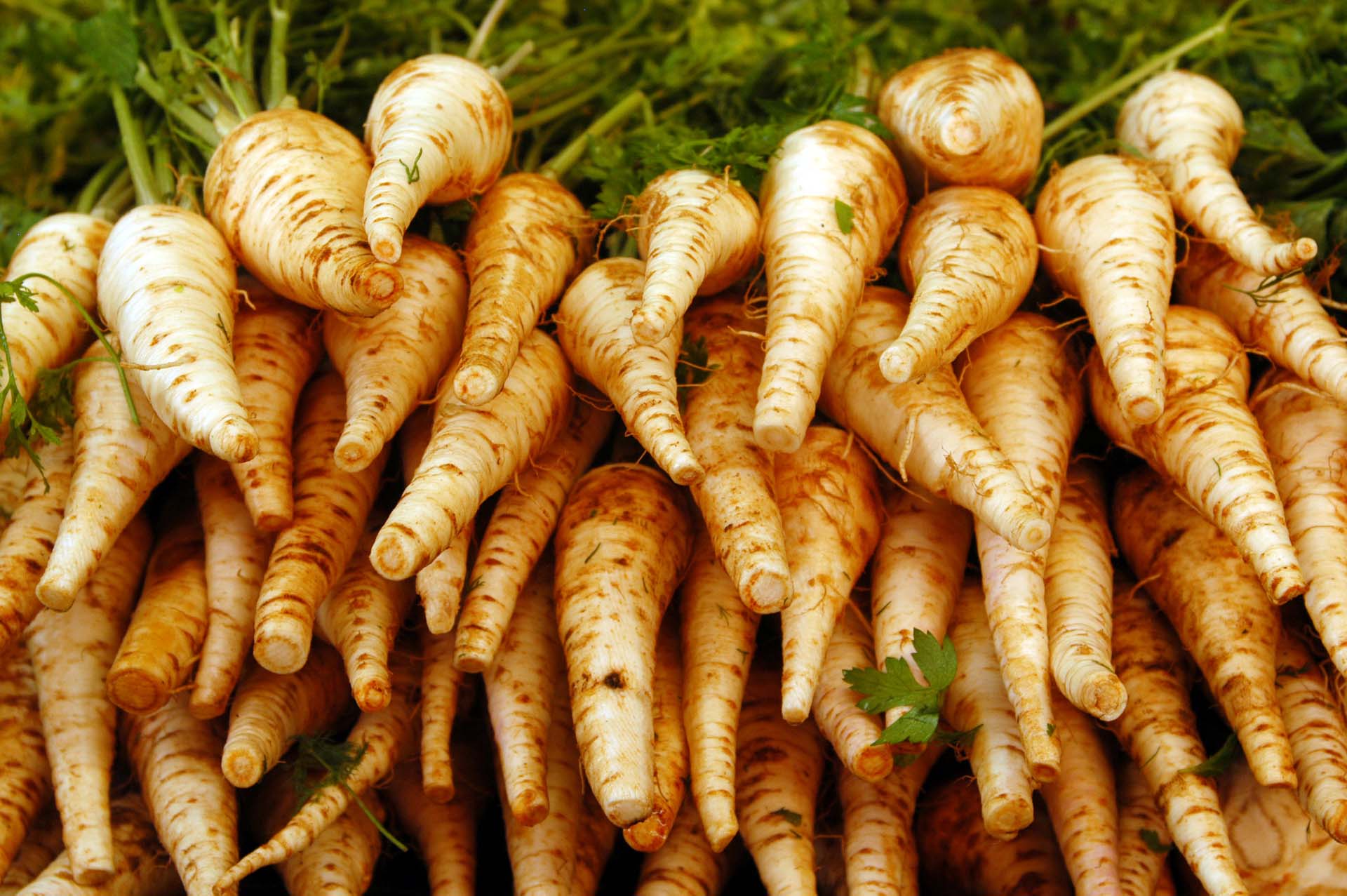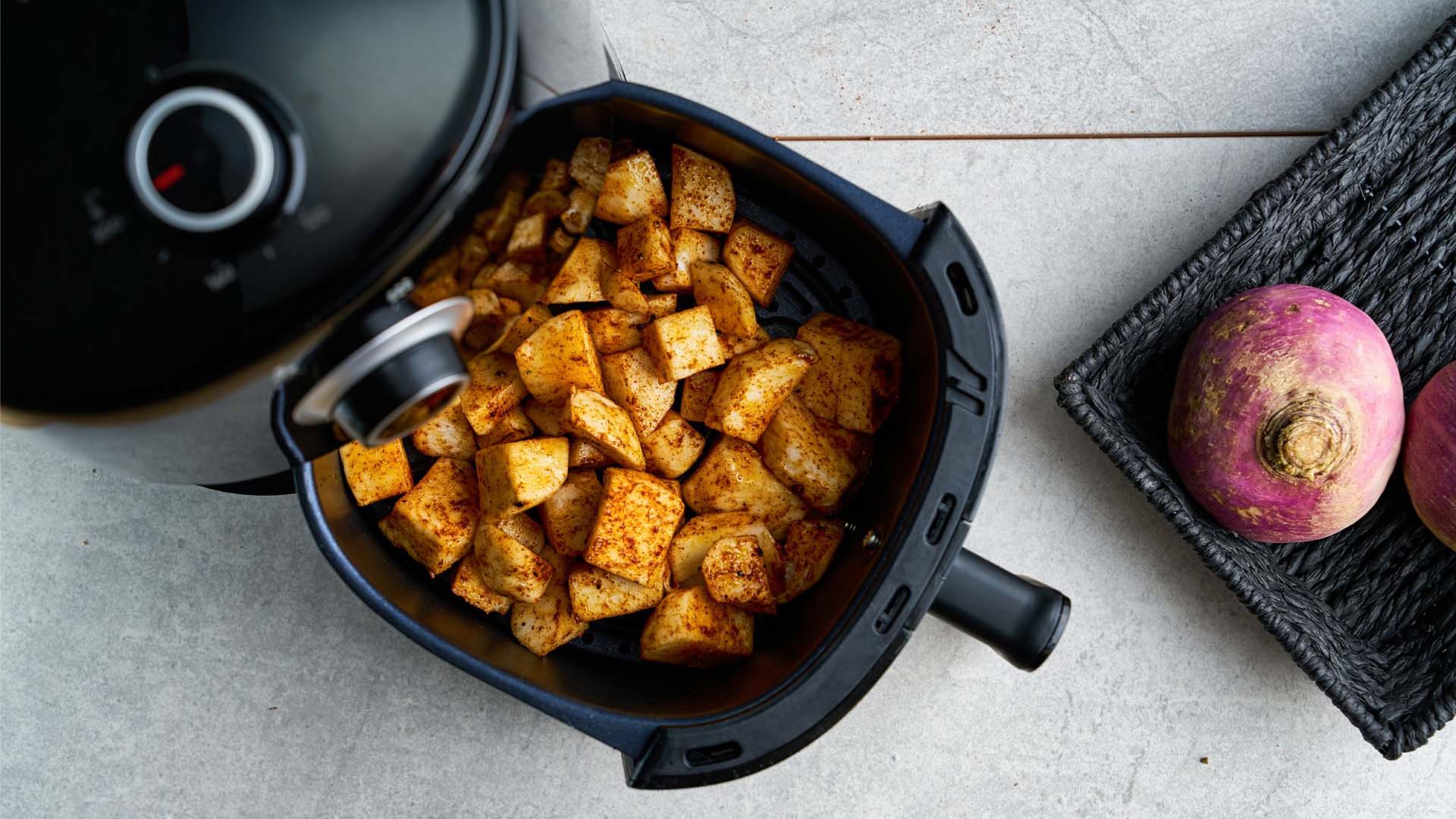How champagne could ward off dementia and heart disease
A few glasses of fizz can help guard against dementia, boost your circulation and even make you feel happier – just don’t overdo it.

A few glasses of fizz can help guard against dementia, boost your circulation and even make you feel happier – just don’t overdo it.

An amazing 29 million bottles of champagne are imported into the UK every year, showing just how much us Brits love a glass of fizz.
While the bubbly beverage is no doubt associated with fun and celebrations, there are some health benefits to champagne. In fact, even in the early 20th century, hospitals used it for a number of ailments, including vomiting cases.
Sadly, champagne is no longer available on prescription, but research has shown that it can help protect against memory loss, boost your circulation and even lift your libido.
We’ve got the scientific facts on the health benefits of champagne, which are worth raising a glass to this Christmas.
As with gaining benefits from any alcoholic drink, the key here is moderation, says Nichola Ludlam-Raine, a registered dietitian.
“For most adults, moderate drinking means up to one drink a day for women and up to two drinks a day for men,” she says.
“Excessive consumption can negate any potential benefits and lead to health issues. The NHS advises not to drink more than 14 units of alcohol a week, spread over three or more days with at least two alcohol-free days a week.”
Researchers from the University of Reading found that a celebratory glass of bubbly could be good for the brain.
The findings from their study suggest that indulging in one to three glasses of champagne per week might hold the key to combating age-related memory decline and potentially delaying the onset of degenerative brain disorders like dementia.
Champagne’s unique phenolic compounds enhance memory by modulating signals in the brain’s memory centres and preserving proteins, which diminish with age, crucial for memory storage.
Previous studies had shown red wine to do a similar thing, thanks to the flavonoids in it.
Dr Jeremy Spencer, from the Department of Food and Nutritional Sciences, which carried out the research, said: “Our research shows that champagne, which lacks flavonoids, is also capable of influencing brain function through the actions of smaller phenolic compounds, previously thought to lack biological activity.”
Of course, there are other non-alcoholic ways to get the same polyphenol boost for your brain.
“It’s important to note that champagne isn’t a health drink, due to its alcohol content, and there are more antioxidants in fruits and vegetables!” says Ludlam-Raine.
Foods rich in polyphenol include spinach, blueberries, blackberries, olives, flaxseeds, nuts and even a cup of tea.
More research undertaken by the University of Reading has also shown that just two glasses of the bubbly stuff can help with circulation and benefit the heart.

“Like red and white wine, champagne contains polyphenols, which are antioxidants that can potentially benefit heart health by reducing blood vessel damage and lowering blood pressure,” explains Ludlam-Raine.
Another 2025 study found that drinking champagne, eating more fruit, staying slim and maintaining a positive outlook on life could help reduce the risk of a sudden cardiac arrest. The study of more than 500,000 people from the UK Biobank found lifestyle changes were the most impactful in preventing cases.
Nicholas Grubic from the University of Toronto in Canada, and Dakota Gustafson from Queen’s University in Ontario, Canada, said: “One of the study’s most intriguing findings is the cardioprotective effect associated with champagne and white wine consumption, questioning long-held assumptions about the specificity of red wine’s cardioprotective properties.
“Research on the underlying mechanisms remains unclear, but these findings reinforce the idea that the benefits of moderate alcohol consumption may be more complex than previously assumed.”
Researchers do caution that while champagne may offer cardiovascular benefits, more research is required to fully understand its long-term implications.
Dr Spencer said: “We always encourage a responsible approach to alcohol consumption, but the fact that drinking champagne has the potential to reduce the risks of suffering from cardiovascular diseases such as heart disease and stroke is very exciting news.”
Who doesn’t feel a surge of excitement when they hear the pop of a champagne bottle? And it seems that drinking a couple of glasses of fizz can actually improve your mood.
This might be because we associate champagne with celebrations where most of us are feeling happy – Christmas, weddings, birthdays and so on.
However, it also contains natural mood boosters such as magnesium, potassium and zinc. Potassium relieves the symptoms of depression and anxiety, while magnesium and zinc are known for their calming effects.
Overindulged on the champagne? Ludlam-Raine says that it’s important to prep to help reduce a hangover.
“To mitigate a champagne hangover, stay hydrated by drinking water alongside your bubbles,” she suggests.
“Eating a good meal (one that includes carbs) before drinking can also help. Afterwards, rest, more water, a balanced meal, and perhaps some electrolyte-rich drinks to help aid recovery. A walk in the fresh air can also help.”
While heavy drinking can depress your central nervous system – which helps with reaching orgasm – and reduces your libido, sipping on the odd glass of champagne can work wonders for your sex life.

Some studies have shown that red wine can increase testosterone – the hormone associated with sex drive – and while there’s no evidence that this is the case with champagne, thanks to its mood-booster properties it can certainly have an effect on perking up your sex life.
“While champagne itself isn’t a direct libido booster, its association with celebration and its bubbly nature can create a psychological mood enhancement,” says Ludlam-Raine.
“To pep up your sex life, consider pairing champagne with foods rich in zinc, like oysters (traditionally known as aphrodisiacs), or foods high in antioxidants, like dark chocolate and strawberries.”
If you’re looking at monitoring your waistline, champagne is a better choice than other alcoholic drinks.
“Champagne typically has a lower alcohol content compared to some wines and spirits, which might make it a slightly ‘healthier’ choice in terms of alcohol content,” says Ludlam-Raine.
“However, the calorie content can be similar to that of white wine, and it’s usually higher than light beers.”
What can save you calories is the type of glass you drink champers out of. A champagne flute contains fewer ounces than a standard wine glass, so you are effectively consuming less.
A champagne flute is around 65–80 calories a glass, whereas a standard wine glass is around 120–140 calories.
Jayne cut her online journalism teeth 24 years ago in an era when a dialling tone and slow page load were standard. During this time, she’s written about a variety of subjects and is just at home road-testing TVs as she is interviewing TV stars.
A diverse career has seen Jayne launch websites for popular magazines, collaborate with top brands, write regularly for major publications including Woman&Home, Yahoo! and The Daily Telegraph, create a podcast, and also write a tech column for Women’s Own.


High quality wines conveniently delivered direct to your door and covered by our 100% money back guarantee. Join our wine club today and save £85 on your first case

High quality wines conveniently delivered direct to your door and covered by our 100% money back guarantee. Join our wine club today and save £85 on your first case

We reveal the 7 best tinned foods to supercharge your health while saving you time and money.

Just four teaspoons of olive oil a day can reduce heart disease risk in six weeks, according to research.
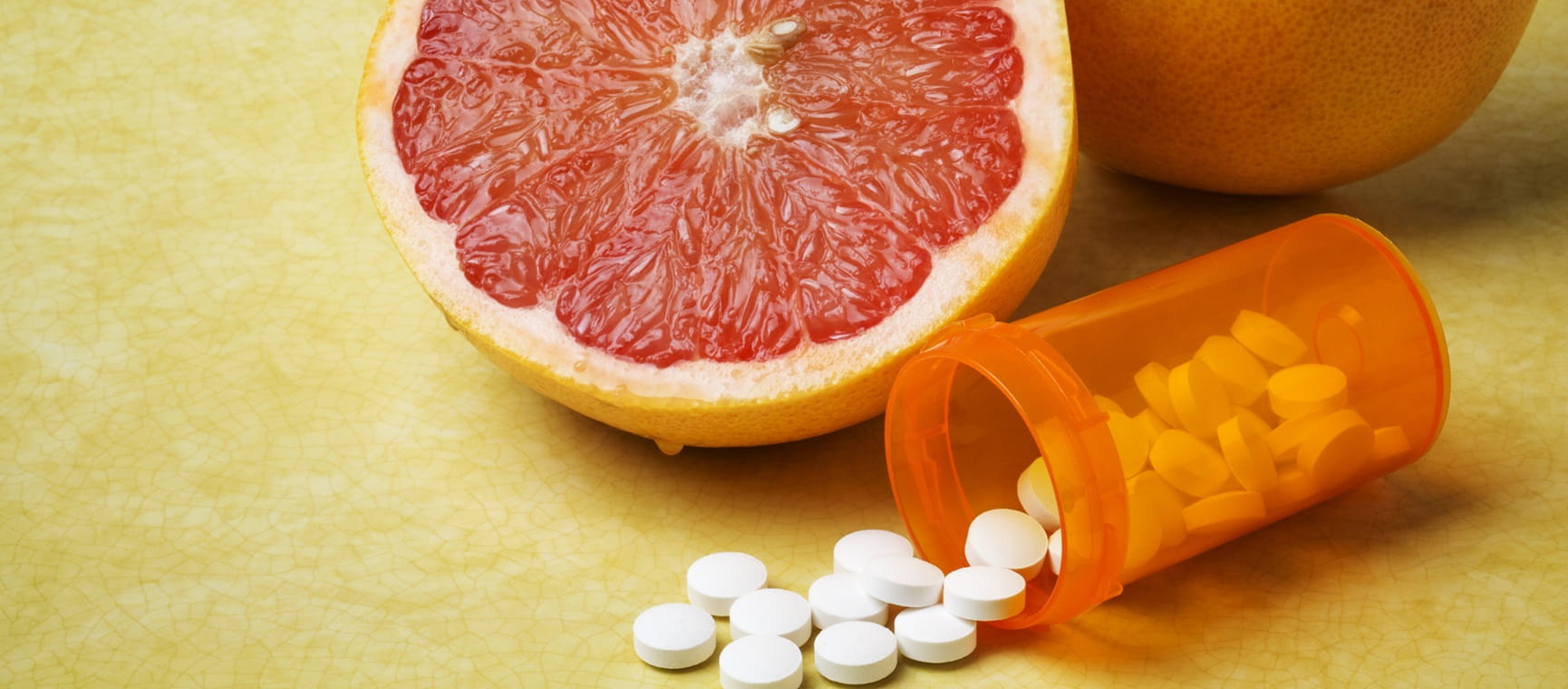
Our expert guide to the common foods you shouldn't mix with prescription drugs.

Experts reveal whether chilled supermarket soups are worth the extra cost and if some flavours are better for you than others.
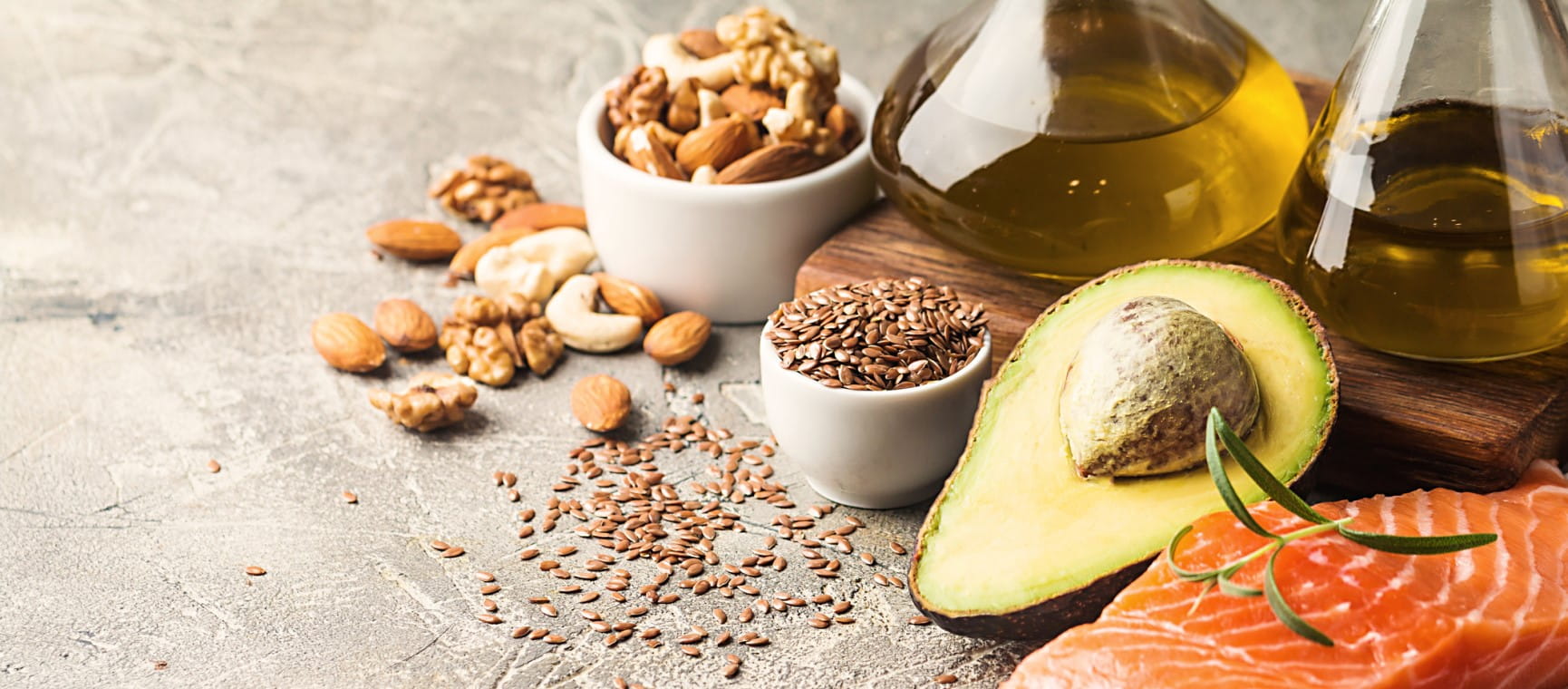
We’ve ranked some of the most popular fats we eat from best to worst.
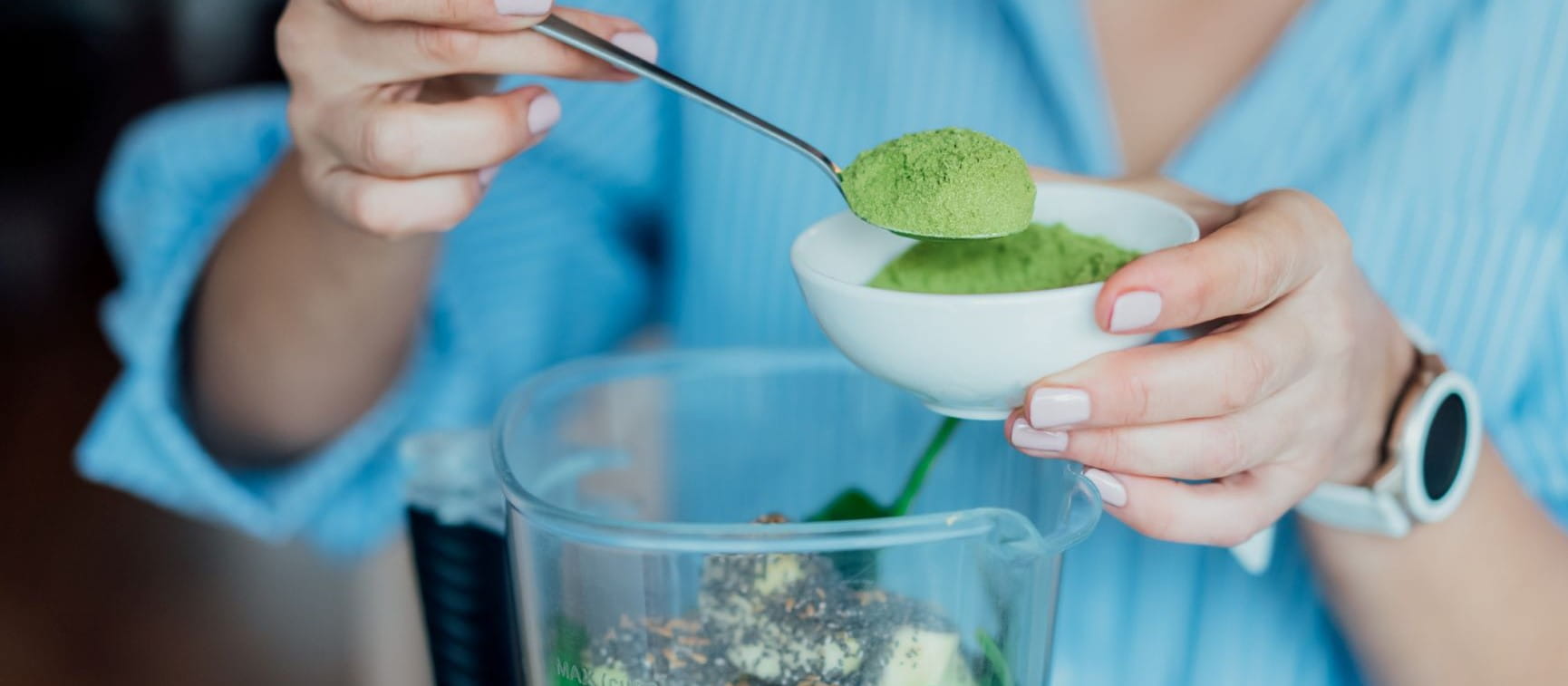
What are superfood powders and how useful are they? Experts reveal their choices of the best ones to try.
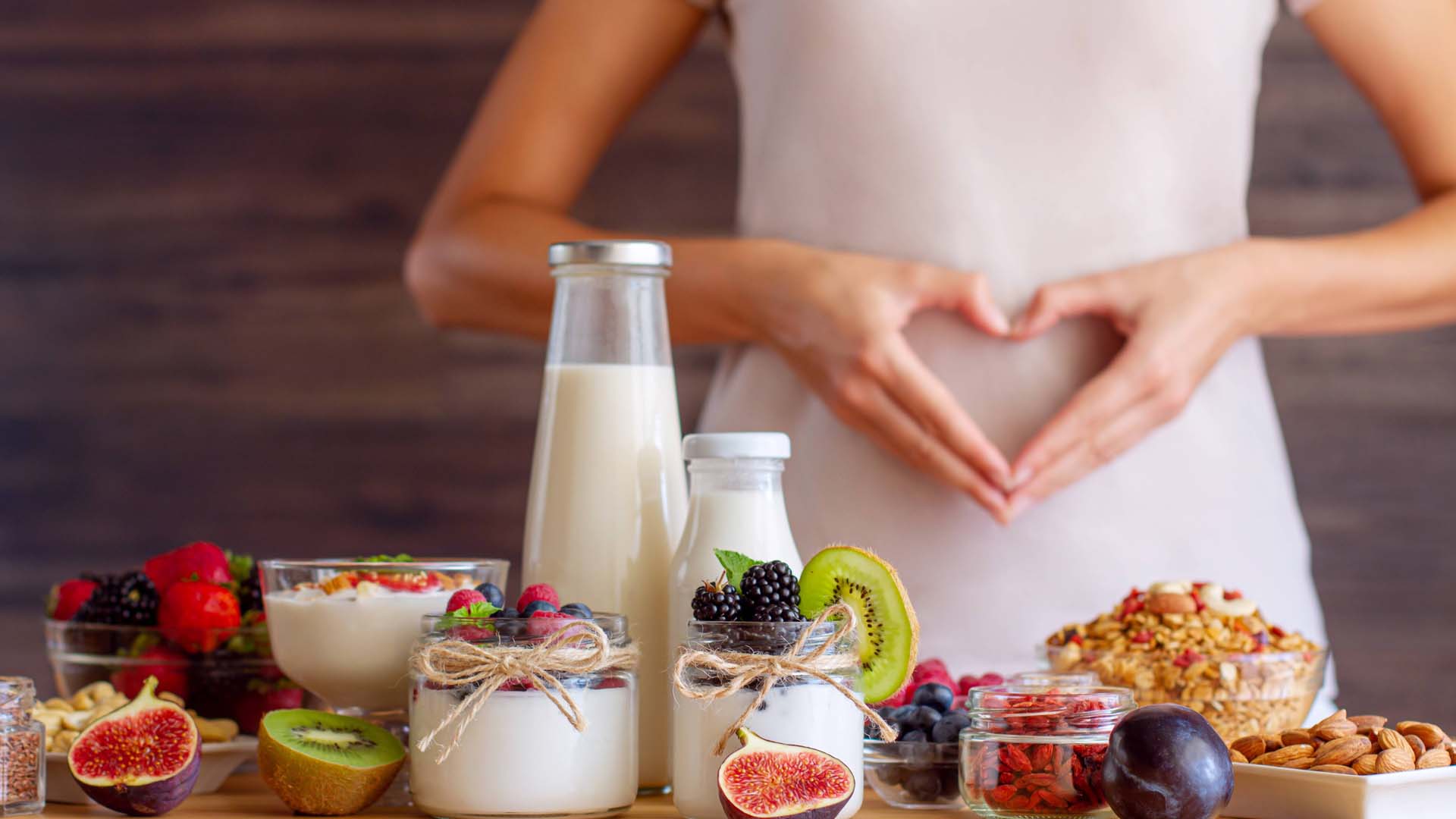
Looking after your gut health could be one of the biggest things that you can do for your overall health. Here are the best foods to keep your gut happy.
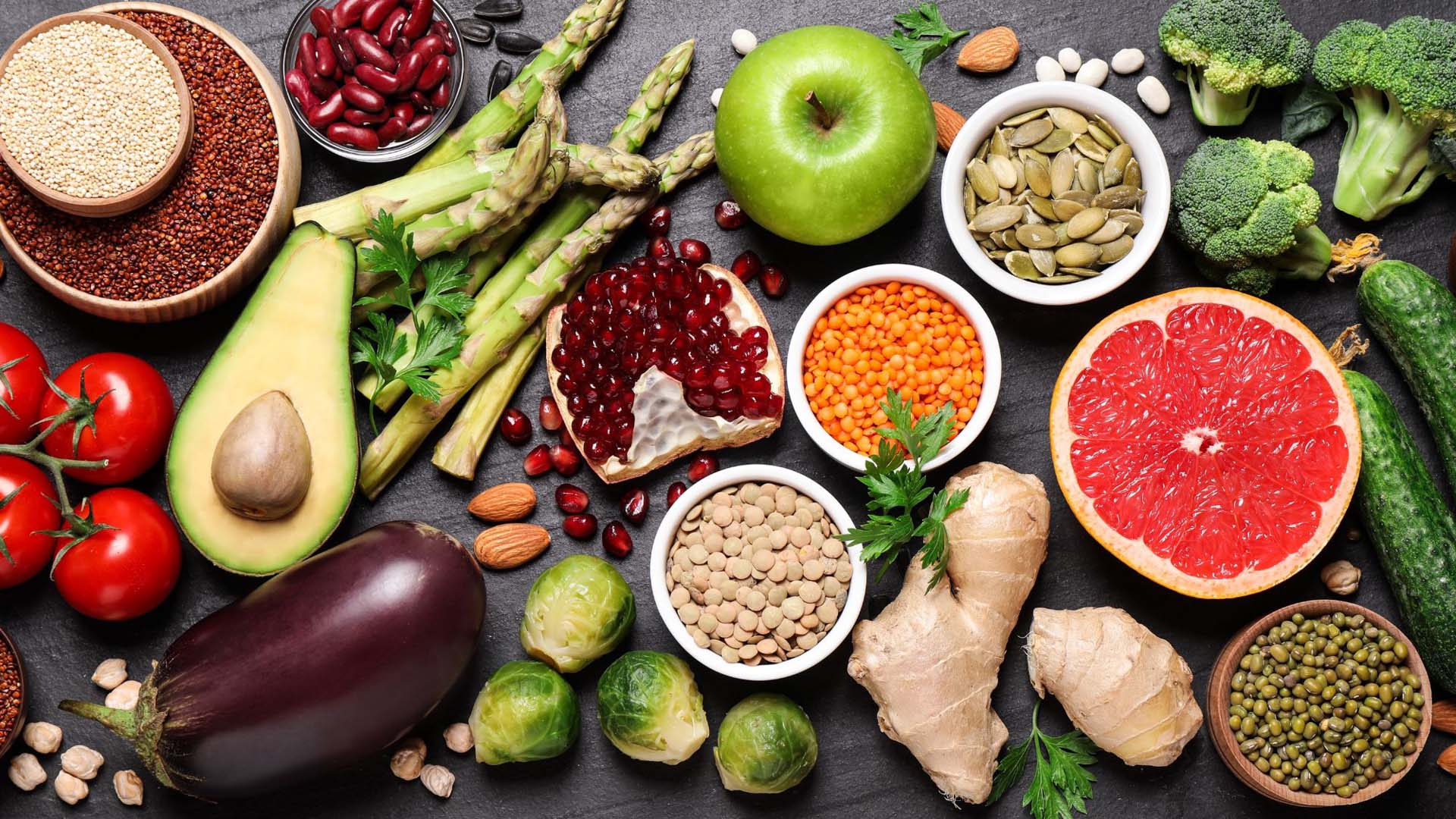
The foods that could help you live longer and protect against chronic illness.

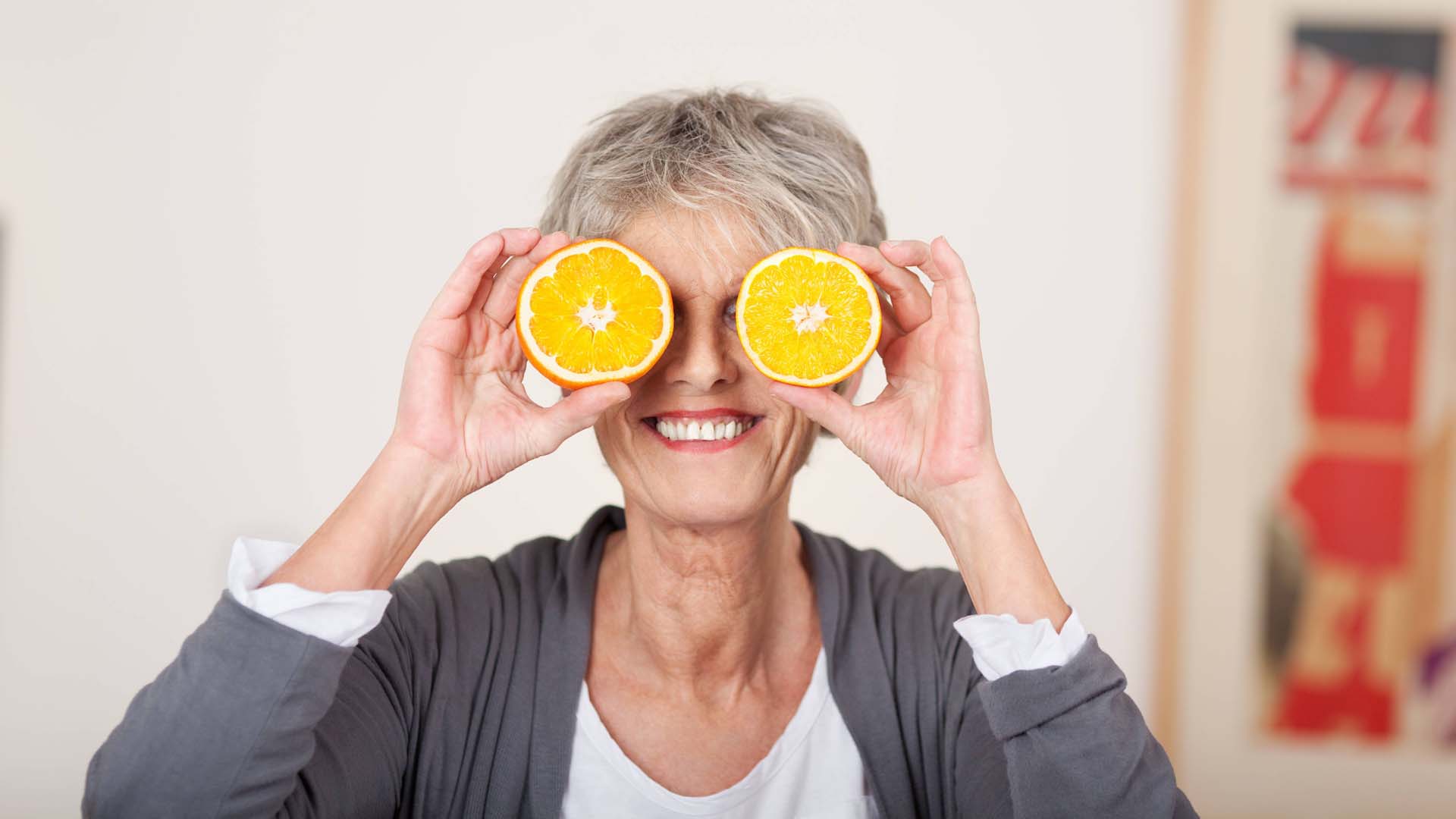
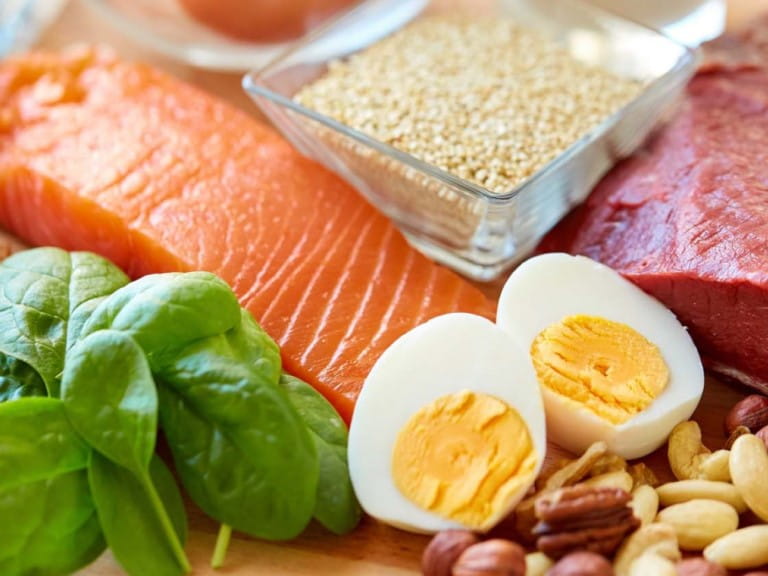
Everything you need to know about protein, from how it benefits your body to the best high-protein foods – and how much you really need.
